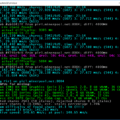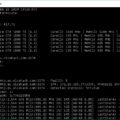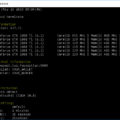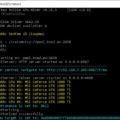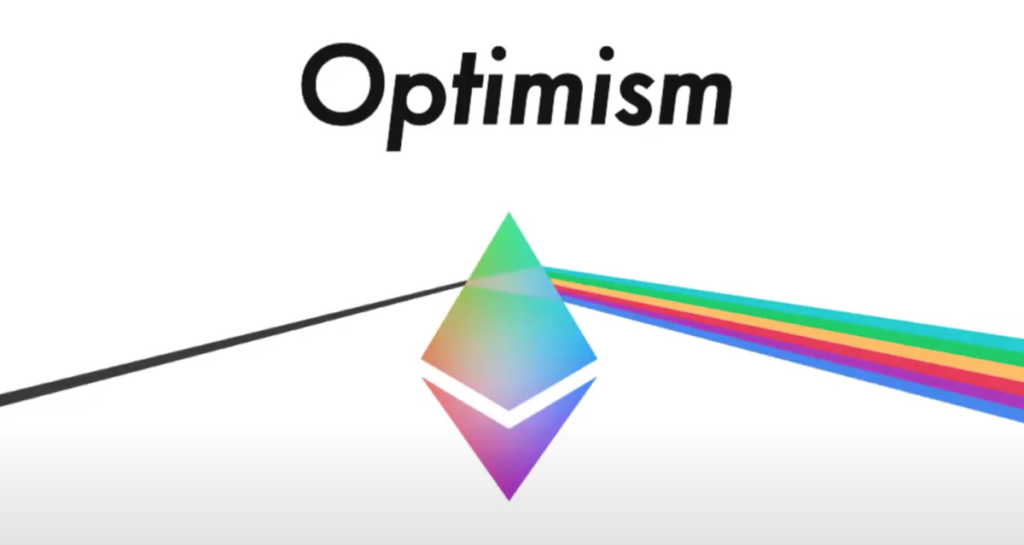
Mastercard, the innovative divisions of Ripple and Binance, and eight other other companies, have joined the alliance that supports blockchain education at universities around the world.
MouseBelt Blockchain Accelerator announced that it has accepted 11 founding members to its Blockchain Education Alliance. In addition to Mastercard, Ripple and Binance, the alliance included representatives of Neo, KuCoin and the Matic Network. They will join 13 companies, including Stellar, TRON and Wanchain, which have already become part of the alliance since its inception last October.
The Blockchain Education Alliance is part of the MouseBelt University program. This is an initiative to train the next generation of blockchain developers in more than 80 student associations around the world. Alliance members provide funding and educational resources that help students and teachers develop curricula and keep abreast of the latest developments in the industry.
“All members of the alliance share our aspiration: the best way to invest in industry is to make long-term investments in education,” said Ashlie Meredith, director of MouseBelt University. “The better the education, the higher will be the level of developers and projects in the future.”
The alliance began its work with cooperation with 13 universities in North America, but has expanded and currently has already established relations with approximately 70 universities in North and South America, as well as in Asia and Europe.
Warren Paul Anderson, incumbent Ripple Xpring incubator development manager, said joining the alliance would help potential developers acquire specific skills and give them access to the necessary educational resources.
“The Mousebelt’s mission to promote university-level blockchain technology at universities is directly related to the Xpring mission,” he said.
Blockchain education is receiving increasing attention, both from private companies and educational organizations around the world. In December, the Africa Blockchain Institute (ABI) announced that in 2020 it would open the first blockchain school in Rwanda with five new courses for local developers, industry professionals and officials.
In the same month, the University of California at Santa Barbara held its first certified blockchain course. In November, it became known that Zilliqa and Oxford University launched a blockchain course for women, and in October the University of Malta launched a blockchain master program.


